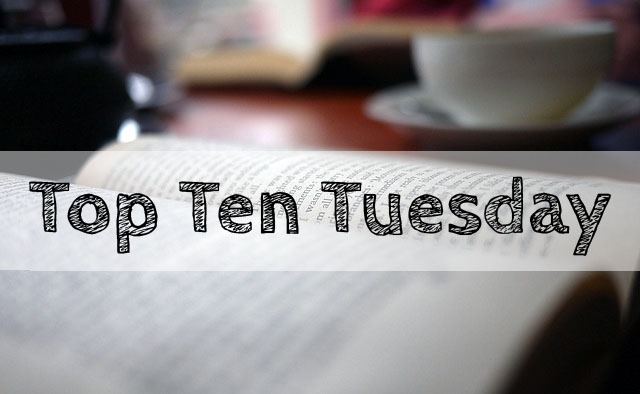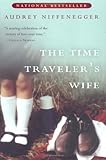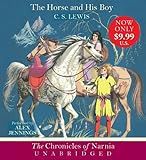 I have to admit that I love Twitter, but I use it more professionally—sharing links and resources with others and collecting the links and resources other share. Twitter is a great resource for teachers. I do love the way the Eleventh Doctor mutters “Twitter” whenever it comes up, though. I wonder if Twelve will like Twitter?
I have to admit that I love Twitter, but I use it more professionally—sharing links and resources with others and collecting the links and resources other share. Twitter is a great resource for teachers. I do love the way the Eleventh Doctor mutters “Twitter” whenever it comes up, though. I wonder if Twelve will like Twitter?
At any rate, this week’s Top Ten Tuesday concerns which authors or characters I’d like to see on Twitter. I’m going to do a 50/50 split of authors and characters, just to mix it up.
Authors
In no particular order, I wish I could see the following writers on Twitter:
- Oscar Wilde: His acerbic wit and penchant for the best bon mots would make him perfect for Twitter. He would be hilarious, catty, and fun.
- William Shakespeare: I wonder what the Bard could do with 140 characters. It would be interesting to see what topics he would choose to discuss, too.
- Emily Dickinson: Another one for interesting turns of phrase, but I suspect her account would be sort of like those friends who post “Vaguebook” status updates, and I doubt she would reply, retweet, or follow anyone.
- J.K. Rowling: She actually does have a Twitter account, but she never tweets. I wish she would. Wouldn’t it be fun if she answered fan questions and engaged with readers the way other writers like Neil Gaiman, Joe Hill, and John Green do?
- F. Scott Fitzgerald: What a hell of a Twitter feed that would be to read, whether he was tweeting beautiful lines or dishing about the crazy shenanigans he and Zelda were up to.
Characters
In no particular order, I wish I could see the following characters on Twitter:
- Elizabeth Bennet of [amazon_link id=”0486284735″ target=”_blank” ]Pride and Prejudice[/amazon_link]: She’d be the most fun on Twitter. I don’t think she’d be as taciturn as Mr. Darcy. I would love to see what sorts of comments she would make.
- Puck: The impish sprite from [amazon_link id=”0743477545″ target=”_blank” ]A Midsummer Night’s Dream[/amazon_link] would probably have some fairly interesting commentary about the nature of humanity: “Lord, what fools these mortals be!”
- Bilbo Baggins of [amazon_link id=”0618002219″ target=”_blank” ]The Hobbit: or There and Back Again[/amazon_link]: I have so much affection for this guy. He’s funny. Wouldn’t it be great to see him complain about the Sackville-Bagginses? Even better, wouldn’t it be cool to read his exchanges with @GandalftheGrey?
- Albus Dumbledore: Another one for wise axioms perfect for Twitter. Plus, wouldn’t it be fun to read his exchanges with @GandalftheGrey? (See what I did there?)
- Naturally @GandalftheGrey would have some interesting things to say.
Who would you like to see take to Twitter?




